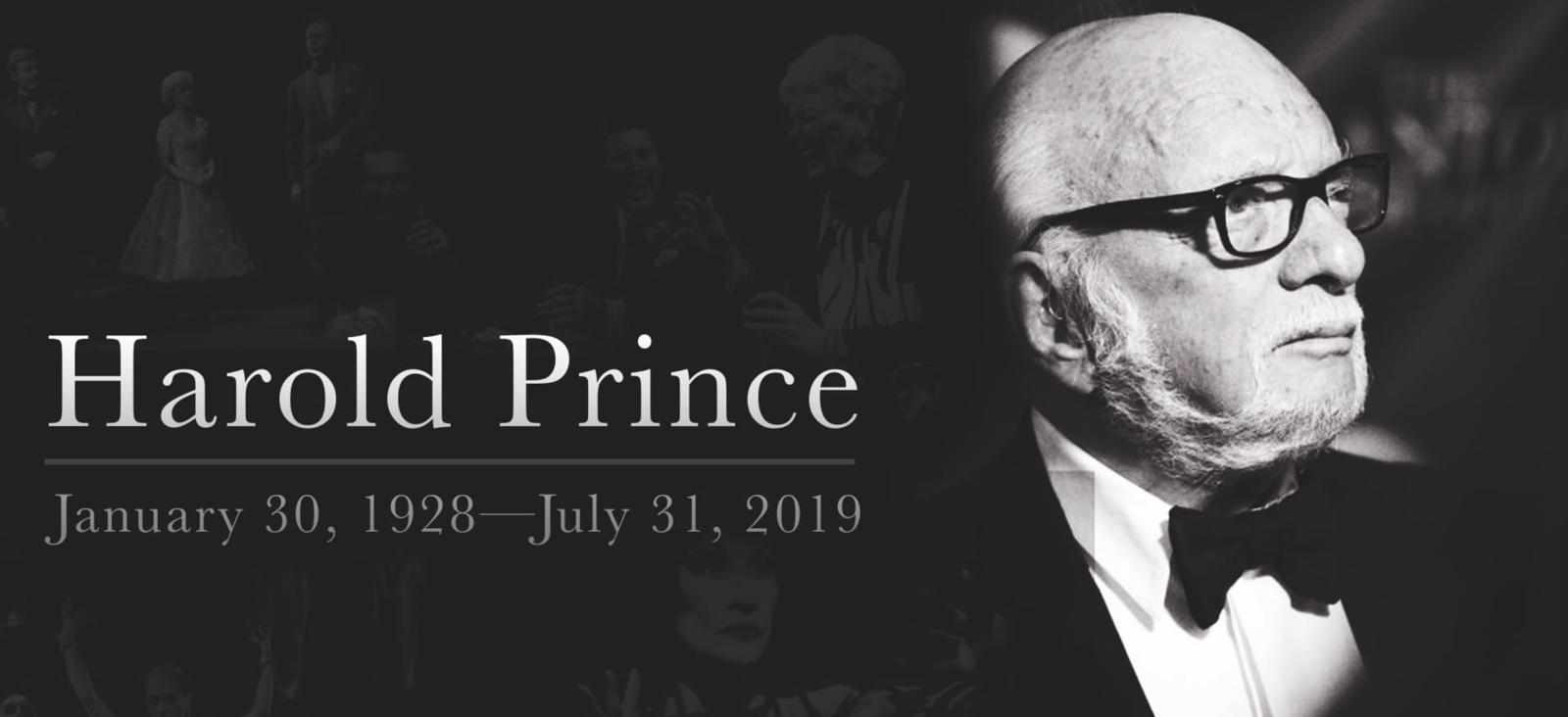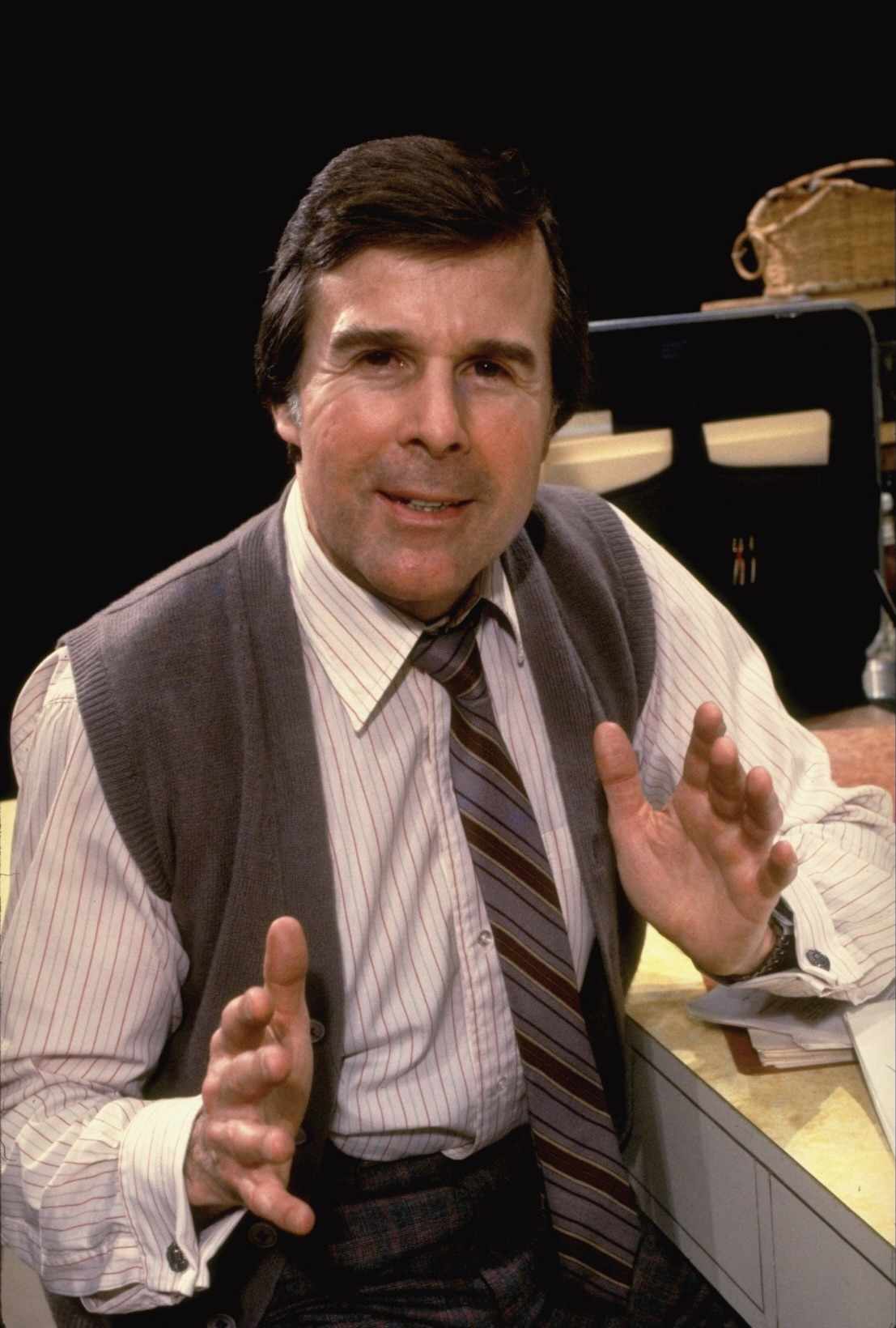
Okay, there was never any such thing as a 1944 Tonys. But the awards junkie in me had this thought and decided, for the fun, of it to attempt a peer into the crystal ball in reverse. By that I mean, take a shot at predicting what a Tony Awards might have been for the season in which Oklahoma! would surely have dominated the field — had there been such a night. As the Tonys were handed out for the first time on April 6, 1947 and guessing that perhaps the cut-off date for the season was a month earlier, I’m going to call the season from March 5, 1943 to March 6, 1944 and look into the play and musicals that opened and what the nominees (and winners) might have been.
First off, there were ninety-one shows that were eligible. Ninety-one! For comparison sake, there were thirty-eight that opened in the pre-Covid 2018–19 Broadway season. One of the reasons for so many more shows being produced then, according to Nicholas van Hoogstraten, an expert on the history of Broadway theaters, is that “stop-clauses [were] invoked, shows not getting a confirmed booking until the end of their tryouts, shows being forced to move.... lots of very short runs because the owners were in the driver’s seat — more product than shelves.” Also, there was no such thing as long runs taking up a theatre for five years (although Oklahoma! would be the first musical to ever do so, opening in 1943 and not leaving the St. James Theatre until 1948).
The big question to be answered first: what sort of competition would Oklahoma! have had? Well, for starters, Cole Porter had a new musical (Mexican Hayride), as did Kurt Weill (One Touch of Venus). The last remaining remnants of vaudeville were represented with shows like dancer Paul Draper and Larry Adler, a virtuoso harmonicist, in a two-man evening appropriately called Paul Draper and Larry Adler. There were a number of musical revues led by rising stars like Jackie Gleason and living legends like James Barton. There was even an ice-skating revue! Of course, more than a fair share of the musicals have faded into oblivion, including Bright Lights of 1944, My Dear Public and What’s Up, the first collaboration of Alan Jay Lerner and Frederick Loewe. Still, there were enough strong titles which may ring a bell.
Best Musical:
Early to Bed (Book & Lyrics by George Marion, Jr; Music by Thomas “Fats” Waller)
Carmen Jones (Book & Lyrics by Oscar Hammerstein II; Music by Georges Bizet)
Mexican Hayride (Book by Dorothy Fields & Herbert Fields, Music & Lyrics by Cole Porter)
Oklahoma! (Book & Lyrics by Oscar Hammerstein II; Music by Richard Rodgers)
One Touch of Venus (Book by S.J. Perelman & Ogden Nash; Music by Kurt Weill; Lyrics by Ogden Nash)
Some fine titles here, and yes, Oscar Hammerstein would definitely have been up against himself for Carmen Jones, his updating of Bizet’s opera Carmen, set during World War II with an all-Black cast. And if Early to Bed doesn’t sound familiar, it was a landmark show for 1944, and a hit! It was the first time a composer of color created a Broadway score for an all-white cast — not insignificant. The composer? Thomas “Fats” Waller, who himself would be the source for the 1978 Tony Award Best Musical, Ain’t Misbehavin’. But in truth, nothing would have been able to beat Oklahoma!, even if it did open three weeks after my made-up Tony deadline, thus waiting over a year till this imagined ceremony. It would easily have won Best Musical as there’s simply no denying its status as the undisputed box office champ and a cultural phenomenon.
Same would have gone for Rouben Mamoulian as Best Director and Rodgers and Hammerstein for their score (with Oscar taking home Tony for his book; considered the precursor to the modern-day libretto). Speaking of Hammerstein, had there been Tonys prior to his working relationship with Rodgers, he would probably have gone to his grave with at least double the Tonys on his shelf (he only received four of them).

For Best Actor and Actress in a Musical, I’m not taking into account the arbitrary rule that fluctuated for years between what constitutes lead from supporting, mostly to do with billing. A lead is a lead, so here are some of the choices I’ve narrowed down from my research (naturally I’m not old enough to have seen any of these). If a fifteen-year-old saw any of the shows this season, they would be ninety-four today, the same age as my mom, who did indeed see One Touch of Venus, only to see an understudy for Mary Martin (something she still complains about to this day).
Best Actor in a Musical:
Kenny Baker (One Touch of Venus)
Milton Berle (The Ziegfeld Follies of 1943)
Bobby Clark (Mexican Hayride)
Alfred Drake (Oklahoma!)
Luther Saxon (Carmen Jones)
Okay, I’m stretching it for Milton Berle, but this category turned out to be a rather thin one. Yet, even though Ziegfeld Follies was a revue, it was enormously successful and ran as long as any of the best musicals of the season, excepting Oklahoma! As for the winner, beloved vaudevillian Bobby Clark, with his trademark painted-on glasses, was quite an audience and critic’s darling, but who’s to say that Drake’s Curly would have garnered more votes? Then again, in all its Broadway revivals over the years, no one’s ever won a Tony playing Curly (or Laurey, for that matter).

Best Actress in a Musical
Nanette Fabray (Jackpot)
June Havoc (Mexican Hayride)
Muriel Smith (Carmen Jones)
Mary Martin (One Touch of Venus)
Joan Roberts (Oklahoma!)
The love for Mary Martin in her first starring role on Broadway would have certainly fended off all comers. And if it surprises anyone that Nanette Fabray was in musicals as far back as 1944, this happened to have been her fifth one (and second of this season). Though mostly known for her television work, she was a Broadway fixture and, if director Gower Champion had had his way, might have wound up with the title role in Hello, Dolly!, a far better final musical for her to have starred in than the lackluster Mr. President, in which she portrayed a fictional First Lady.

As for the Best Play Tony, comedic and dramatic, based on reviews and their runs, I believe these might have been the top contenders:
Best Play:
Kiss and Tell, by F. Hugh Herbert
Over 21, by Ruth Gordon
The Patriots, by Sidney Kingsley
Tomorrow the World, by James Gow and Arnaud D’Usseau
The Voice of the Turtle, by John Van Druten
Don’t laugh at a title like Kiss and Tell. Written by F. Hugh Herbert, who eight years later would pen the scandalous hit The Moon is Blue (which featured language rarely heard on Broadway, with terms like “virgin,” “seduce,” and “mistress”), Kiss and Tell ran nearly 1,000 performances. For its day, or any other, this was more than respectable. Which makes John Van Druten’s The Voice of the Turtle, which ran for 1,557 performances, truly eye opening. It remains, even after all these years, the 9th longest running straight play in Broadway history. Its film version in 1947 would star Eleanor Parker… and Ronald Reagan. Due to Voice of the Turtle’s overwhelming popularity (it was a wartime comedy), I would hazard the guess that it would have won the Tony.

Best Actor in a Play:
Ralph Bellamy (Tomorrow the World)
Montgomery Clift (Our Town)
José Ferrer (Othello)
Elliott Nugent (The Voice of the Turtle)
Paul Robeson (Othello)
With so much of the season taken up with light comedies, most of which supplied better roles for the women, it was best to look at revivals to fill out this category. Sure, it’s probably stretching it that the role of George in Our Town would get someone a Tony nomination for Best Actor, but it’s hard to imagine more perfect casting than a twenty-three-year-old Montgomery Clift in the part. As for who would take the Tony between the actors playing Othello and Iago, it’s usually Iago who steals the show. But this was the first time New York audiences got the chance to see Paul Robeson portray the Moor, a role for which he received enormous acclaim in London. One would hope he might have prevailed to have become the first Black actor to win a Tony. In point of fact, it would be another twenty-five years before James Earl Jones would become the first Black actor to win in this category for The Great White Hope.

Best Actress in a Play:
Elizabeth Bergner (The Two Mrs. Carrolls)
Shirley Booth (Tomorrow the World)
Ruth Gordon (Over 21)
Eva Le Gallienne (The Cherry Orchard)
Margaret Sullavan (The Voice of the Turtle)
Elizabeth Bergner, a refugee from Hitler's Germany, was considered a great actress in her native Austria. While starring in this season's hit melodrama The Two Mrs. Carrolls, a fan's infatuation with Bergner caught the attention of Mary Orr, then an actress, whose husband, Reginald Denham, was directing the play. This is how Margo Channing and Eve Harrington were invented in Orr’s short story, The Wisdom of Eve, published in Cosmopolitan in 1946. Four years later, it was turned into the Academy Award winning All About Eve by writer-director Joseph Mankiewicz.
From all that has been written about her, Margaret Sullavan has always been singled out as one of the best light comediennes to grace the Broadway stage. With a voice once described by the actress Louise Brooks as “strange, fey, mysterious — like a voice singing in the snow,” she can thankfully be heard in any one of the sixteen films she made, like The Shop Around the Corner (sublime). Sullavan would have likely ridden The Voice of the Turtle’s Best Play award to her own Tony.

Silly all this, I know, and a reminder how awards are such an arbitrary thing. Still, with the Tonys having announced yesterday that they will be back on June 12th, right around the time they usually occur, it’s nice to know with a great deal in the world in a terrible state of flux that some things can be counted upon for a few hours' distraction “with plenty of heart and plenty of hope.”
If you enjoy these columns, check out Up in the Cheap Seats: A Historical Memoir of Broadway, available at Amazon.com in hardcover, softcover and e-book. Also, follow me here on Scrollstack and feel free to email me with comments or questions at Ron@ronfassler.org.





















Write a comment ...